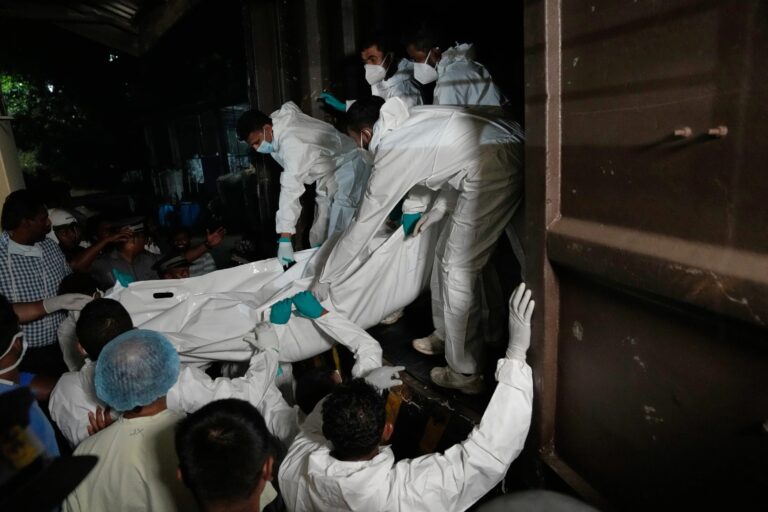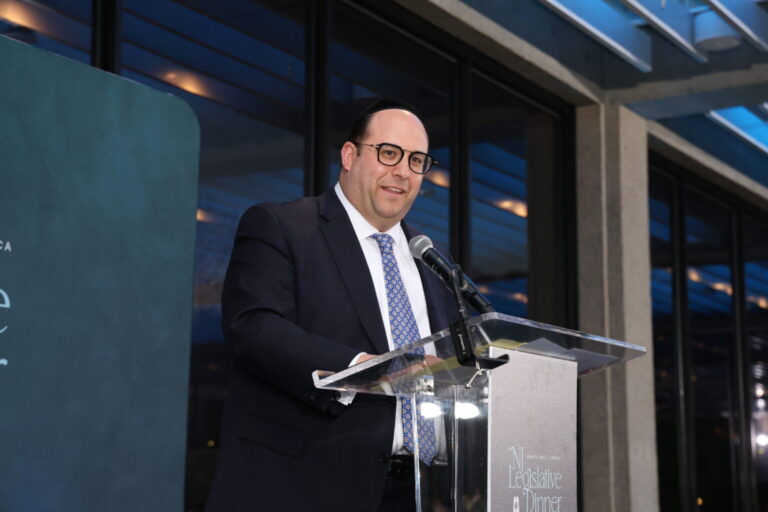 The head of the company behind the Keystone XL pipeline denied Tuesday that political motivation was behind its decision to ask the U.S. government to delay consideration of the project.
The head of the company behind the Keystone XL pipeline denied Tuesday that political motivation was behind its decision to ask the U.S. government to delay consideration of the project.
The request by TransCanada to suspend its review of the Keystone XL pipeline could delay any decision until the next president takes office — potentially leaving the fate of the controversial project in the hands of a more supportive Republican administration.
TransCanada said Monday it had asked the State Department to suspend its review of the Alberta-to-Texas pipeline, citing uncertainties about the route it would take through Nebraska.
The request comes as many anticipate President Barack Obama will reject the project. If the U.S. agrees to the suspension — which is not assured — that would leave the decision in the hands of the next president. While Democratic candidates, including front-runner Hillary Rodham Clinton, oppose the project, Republican candidates support it.
White House spokesman Josh Earnest said the State Department was reviewing TransCanada’s request, but added that Obama still intended to make a decision about the pipeline before leaving office. He said it was important to consider what was motivating TransCanada’s request.
“It seems unusual to me that somehow it should be paused yet again,” Earnest said.
TransCanada chief executive Russ Girling denied that the request for a pause in the review has anything to do with an anticipated rejection of the pipeline. The company said such a suspension would be appropriate while it works to secure approval of its preferred route through the Nebraska in the face of legal challenges. TransCanada anticipated it would take seven to 12 months to get route approval from Nebraska authorities.
“We have worked very hard for seven years try to keep our head down and work our way through every twist and turn and every additional request to the regulatory process and we are intent on continuing to do that until you get the regulatory approval and we have solved people’s issues through that process,” Girling said on a conference call with analysts and media on Tuesday.
TransCanada spokesman Mark Cooper said Monday they “have been hearing since February the same rumors that a denial or a decision is imminent” from the Obama administration but said the company’s focus remains on demonstrating the project is in the interest of the U.S.
The State Department review is mandated as part of the application process because the $8 billion pipeline crosses an international border. The State Department does not have to grant TransCanada’s request for a pause in the review and instead can continue the process.
“We have just received TransCanada’s letter to Secretary Kerry and are reviewing it. In the meantime, consideration under the Executive Order continues,” State Department spokeswoman Elizabeth Trudeau said.
“The chance of approval is slim,” said Wenran Jiang, an energy expert and former special adviser to Alberta’s Department of Energy. “They are looking to avoid a rejection and they are not betting on the slim possibility of being approved. They are waiting for the next administration so it’s a bit of a delay but a better chance.”
Pipeline opponents also contend that TransCanada hopes to delay the review process in case a more sympathetic Republican candidate wins the 2016 presidential election.
“In defeat, TransCanada is asking for extra time from the referees, and clearly hoping they’ll get a new head official after the election. It’s time for the current umpire, President Obama, to reject this project once and for all,” said environmental activist Bill McKibben, co-founder of the group 350.org.
The 1,179-mile (1,900-kilometer) long pipeline has long been a flashpoint in the U.S. debate over climate change. Critics oppose the pipeline which would transport oil tapped from the Alberta oil sands, saying it requires huge amounts of energy and water and increases greenhouse gas emissions. They also express concern that pipeline leaks could potentially pollute underground aquifers that are a critical source of water to farmers on the Great Plains.
Pipeline supporters maintain it will create jobs and boost energy independence. They also say pipelines are a safer method of transporting oil than trains, pointing to recent cases of oil train derailments.
Nebraska Gov. Pete Ricketts reiterated his support for Keystone in a statement issued by his spokesman Taylor Gage.
“The Governor has been clear … that it will be the safest pipeline built yet in our state, and that it will bring good-paying jobs and property tax revenue to Nebraska’s counties,” it said.
Both North Dakota senators, Democrat Heidi Heitkamp and Republican John Hoeven, criticized the Obama administration’s long delay in approving the pipeline.
Hoeven said it’s “clear” that the administration intends to deny the pipeline permit, which he claimed would have “a chilling effect on the willingness of other companies to invest in important energy infrastructure projects in the United States.”
TransCanada announced the project in 2008, which has undergone repeated federal and state reviews. The pipeline would be built from Canada through Montana, South Dakota and Nebraska, where it would connect with existing pipelines to carry more than 800,000 barrels of crude oil a day to refineries along the Texas Gulf Coast.
Delays in approving the pipeline have caused friction between the U.S. and the outgoing Canadian Conservative government of Prime Minister Stephen Harper. Harper was frustrated by Obama’s reluctance to approve the pipeline and the issue damaged U.S-Canada relations. Although incoming Liberal Prime Minister Justin Trudeau, who is sworn in Wednesday, supports Keystone, he argues relations with the U.S. should not hinge on the project.
“The prospects for KXL approval by the U.S. had been dim, but the ascension of the new Trudeau government, with its serious commitment to meeting greenhouse gas reduction targets matching those of the US, could change the dynamic,” said David Goldwyn, a former energy official in the Obama administration.” If Canada is able to meet its national targets by offsetting emissions elsewhere in the economy the U.S. perspective on the salience of the pipeline could change. The Harper government was never credible on greenhouse gas reductions; this government could be very different.”
Canada needs infrastructure in place to export its growing oil sands production. Canada relies on the U.S. for 97 percent of its energy exports. Alberta has the world’s third largest oil reserves, with 170 billion barrels of proven reserves. But a sharp decline in the price of oil makes many of the new oil sands projects less viable. Girling, however, said the Keystone XL pipeline and other proposed pipelines remain viable.
“This project remains very much in demand by our customers,’ Girling said.
“Oil prices will not stay low forever but even if you think of when we made this application in 2008, the price of oil was $40 per barrel. The price of oil is $40 per oil again today.”
Girling said production has grown rapidly in Alberta and in the Bakken region since the company first applied for the permit in 2008. He said that it’s not like they are waiting for new production to come on to build a variety of proposed pipelines, including Keystone XL. He also said pipelines are a cheaper option than moving oil by rail, a method of transportation that’s been increasingly used because of a lack of pipelines.
(AP)











One Response
Not a bad idea. Hopefully in a little over 14 months the US will no longer be run by little green fools .